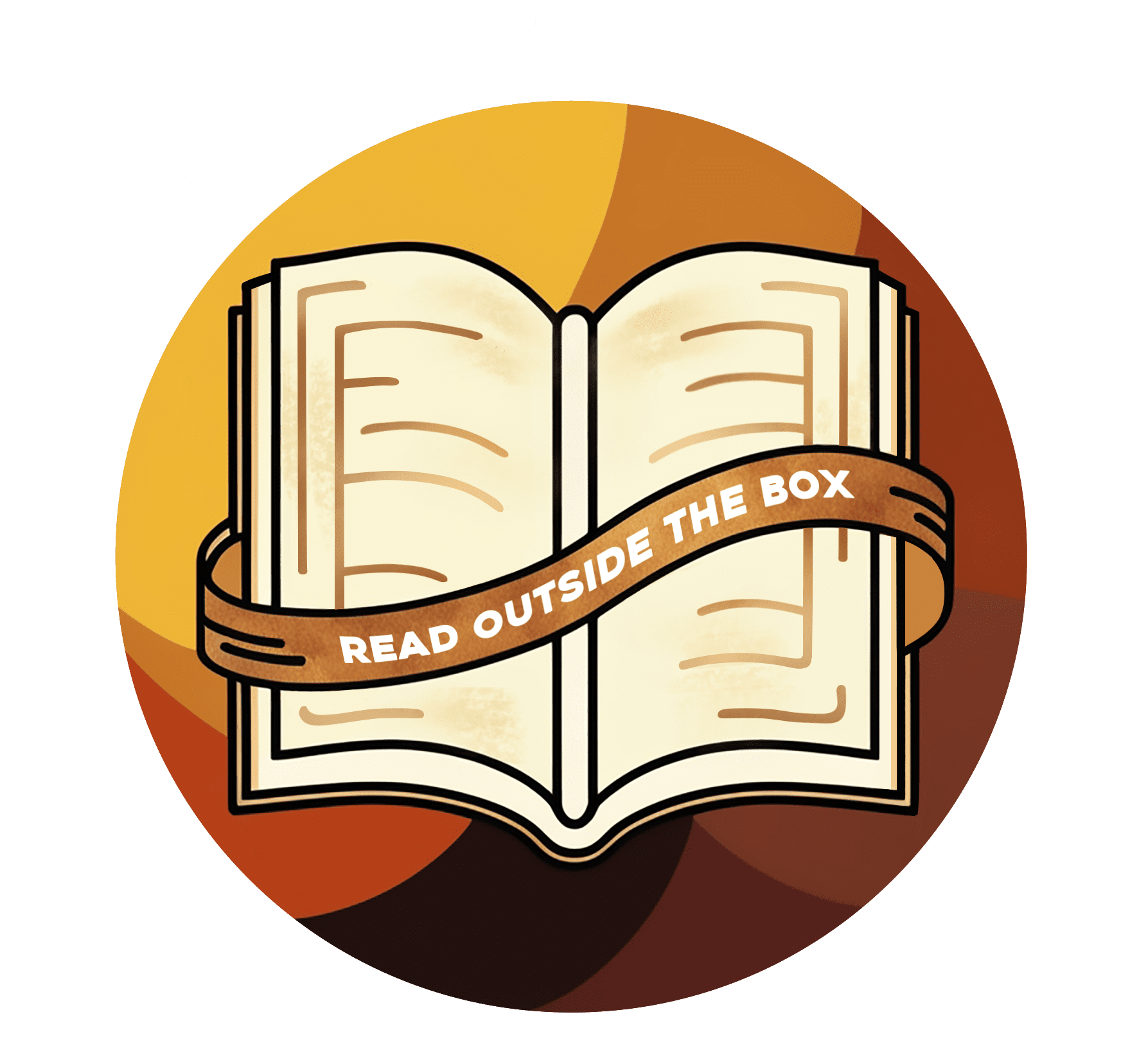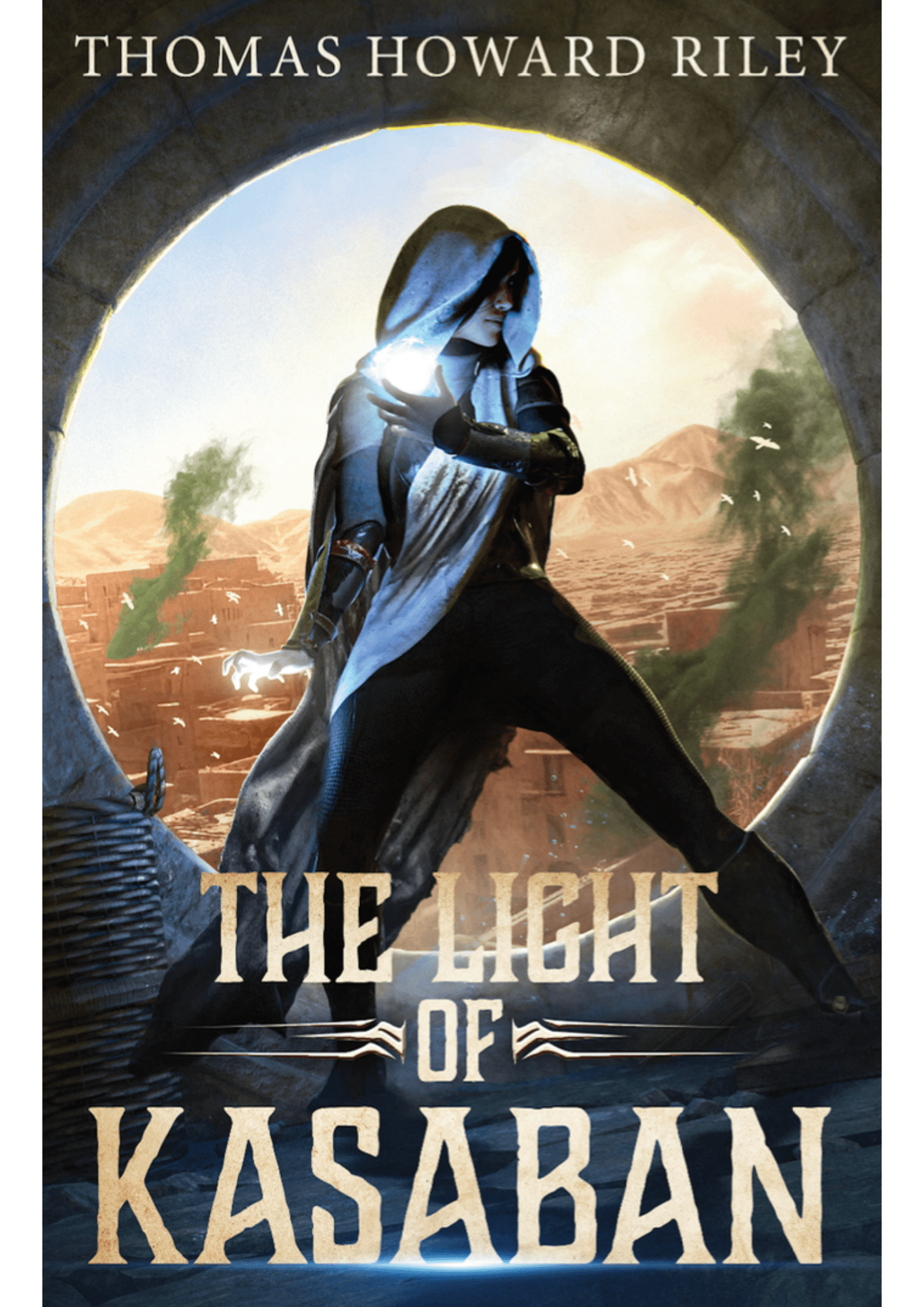THE LIGHT OF KASBAN
I have been crafting stories for as long as I can remember. When all my neighborhood friends were content to swing old sticks at one another in imaginary sword battles in our backyards after school, I always had to create a character for each of them to play, with backstories and individual motivations, and, as you may have imagined, I came up with the plot for the adventure every time.
I had a habit of capping off playtime by writing narratives of the epic battles fought between different factions of my Legos, plastic knights, or space fleets, so I would not forget a moment of the action. By the time I was in high school, I kept writing these stories, taking inspiration from my favorite books and movies (and life as well).
I wrote on and off for years, mostly epic stories for myself and a few friends to enjoy, vanity publishing a few of these proto-books for fun. But even though I loved writing and dedicated ludicrous amounts of free time to crafting and revising stories, I never thought I could have a chance to pursue being an author in the literal sense, so I did not take it any further.
It wasn’t until my first child was born that true motivation hit me. In that moment, I imagined him growing up. I imagined telling him about how much I loved writing. I thought, how could I look my child in the eyes and say I did not persevere? That I did not push myself as hard as I could? That I did not TRY?
And that was the moment I embarked on writing the final version of what would become my debut work, We Break Immortals. And the world I built around that story was so expansive, with so many places and ideas to explore, that I began writing other stories with different characters in different places and times in that same world. One of those stories became The Light Of Kasaban.
As is common among fantasy authors, I am obsessed with worldbuilding. For every book I write, I end up using perhaps 5% of the lore I create for it in the text itself.
But the most important bit of my worldbuilding (which impacts every story I write in some way) is related to my magick system. In my world, magick leaves traces (afterglow) that can be seen with certain instruments and tracked by certain hunters, so that no sorcerer is invincible. This system can be used to protect societies from magick-wielding vandals and murderers… or it could be used to oppress innocent magi (as is the case in The Light Of Kasaban). Different societies have different incentives.
I was inspired by a weird thought I had as a child when reading Lord of the Rings—what if Gandalf was a serial killer? What could anyone do to catch him? To stop him? Years later, I was watching an episode of CSI (Crime Scene Investigation) and that’s when it hit me. That weird childhood thought, and a TV show that has absolutely nothing at all to do with epic fantasy, combined to inspire me to dream up a science-based method of curbing a magick-user’s power.
I love this particular worldbuilding element of mine the most because there is no end to the variety of conflicts that can arise surrounding this one thing.
I always write in third person, but I truly try to inhabit the character whose point of view I happen to be writing at the time—the way they talk, the way they think, the way they see the world, what they choose to notice, where they come from, and what they want. I let the frame through which they look at their world, all their joys and pain, color not only their dialogue, but even the words I choose for the descriptions within their narrative.
This requires a bit of pre-writing (author-speak for thinking obsessively about things before I start writing). Oftentimes, I discover more about a character the more I write their story, but I always try to have a pretty good idea of who they are before I begin. It not only makes the writing better, but it flows much faster, and requires less revision after the fact.
This is, in my opinion, what really brought my writing to life.
There are so many things I wish I had learned from someone before I began this journey. I will try to narrow it to a few key pieces of advice.
The best advice I was given is to write the kind of story you are interested in reading. Because the dedication it requires to finish a book and take the steps to publish it means it is a great help if you are enjoying what you are doing. Not to mention the fact that if you like what you are writing, chances are someone else will too.
On the more technical side of things, I would suggest to write and publish as consistently as you can, not necessarily as fast as you can. Steady and quality is better than fast and crap.
Find resources to help reaffirm what makes a good story. There’s a wealth of helpful videos for free from some amazing authors and screenwriters (both indie and otherwise) that have helped me narrow down the thing or two that was getting in the way of my story being the best version of itself it could be.
Find trusted beta-readers for your story who can walk that fine line where they will not sugar-coat things but also will not be cruel to the point they drive you away from writing altogether. (It is a pretty fine line). If possible, hire an editor who knows the genre, or at the very least a proofreader.
Save up for a quality cover. You do not need to break the bank for this. While it is true that some artists cost a lot (usually for a good reason), there are many excellent professional cover art designers who do incredible work for a more manageable price.
Lastly, do not be too proud to ask questions. There is a wealth of experience in this community and authors love to share what they know. We are all over social media so we are not hard to find.


